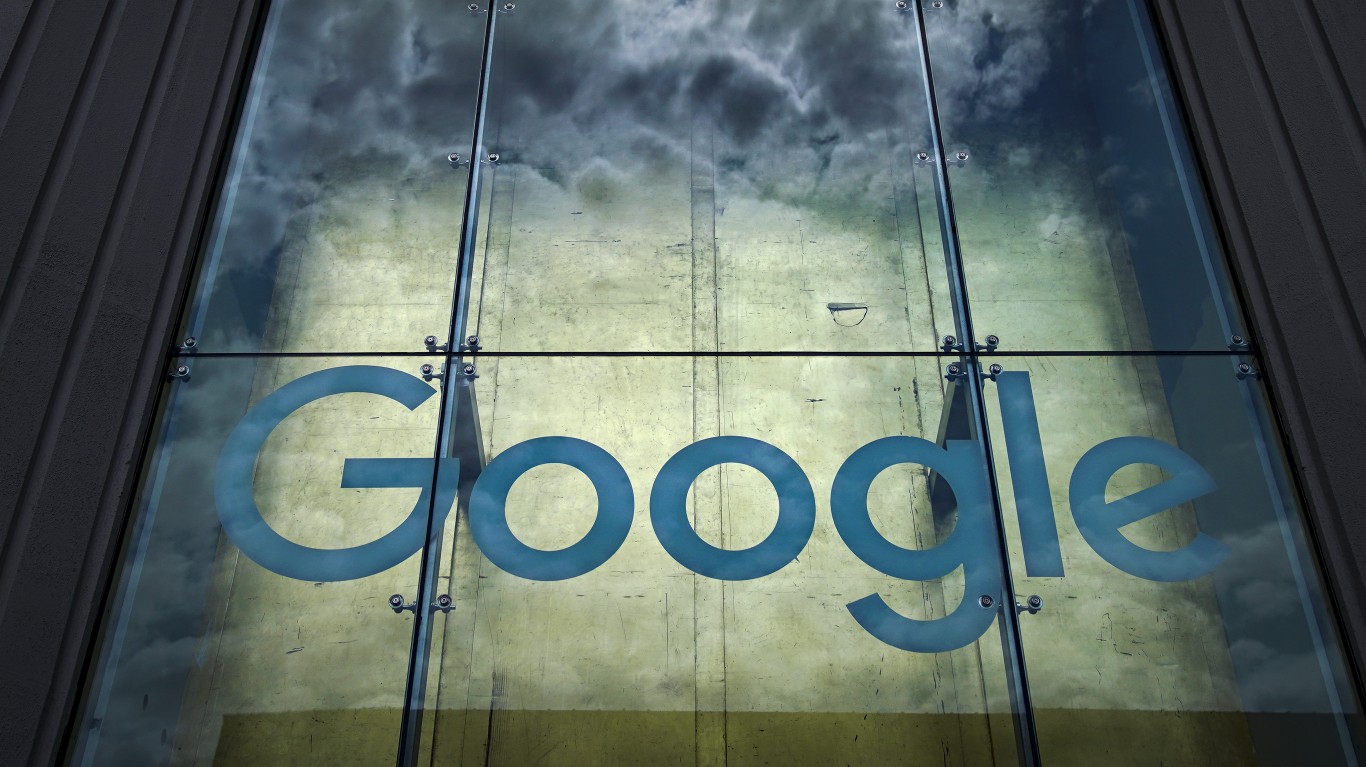

The U.S. Department of Justice may bring a suit against Alphabet Inc. (NASDAQ: GOOGL) that contends that its Google search engine has become a monopoly. Alphabet has several large operations that might be spun out if the government presses for a partial breakup of the company. The three most likely candidates to be spun out are Google, the Android OS business and the massive YouTube video site.
There is precedent for the breakup of a huge American company. The most recent example is AT&T, which was broken into several regional public corporations in 1984. A similar conclusion to the Alphabet situation would be the largest since then.
Alphabet dominates three major tech sectors. The first is search. It has 92% of the U.S. market. The second is its Android operating system, which runs on hundreds of millions of cellphones and smartphones around the world. Its only major competition is Apple Inc.’s (NASDAQ: AAPL) iOS. iOS runs only on Apple hardware. The third part of Alphabet that is much larger than its competition is YouTube, which has about 75% of the video platform market in America. This includes video sharing sites but not streaming video businesses like Netflix Inc. (NASDAQ: NFLX). YouTube’s dominance is based on its video ad revenue share.
Google is bundled into the Android OS when it is loaded onto phones and that gives it a huge advantage over its search competitors. Google is also the dominant search engine on iPhones. The relationship with Android guarantees that as each new generation of smartphones is released, Google will remain the default search engine. Google’s position among search engines means it gets almost all of the sector’s advertising revenue. That, in turn, gives it pricing power. Google’s share of all digital advertising in America is about 40%, which extends its dominance well beyond search advertising.
The Android OS does not just help Google. Its presence on phones drives the use of other Alphabet products, including Google Maps, Gmail, YouTube, Google’s Chrome browser and Google’s calendar app, among others. Decoupled from Google by law, Android OS installations would likely need to feature other search engines, email, calendars, spreadsheet software, and browsers. Android might keep its position as the largest mobile OS but would need to promote software that competes with other Alphabet product lines.
YouTube benefits from Android. It gets, according to those who believe Google is a monopoly, favorable search results from Google. If so, it indexes ahead of its video site competitors in search results, which in turn, drives up its traffic. It is a perfect cycle to boost YouTube viewership, and therefore its ad revenue. It is estimated that YouTube ad revenue will be as high as $20 billion this year, a major component of Alphabet’s total top line.
A government antitrust case against Alphabet could take years to resolve because it would work its way through levels of the federal court system. Nevertheless, it is not hard to see the case of how Alphabet’s three primary businesses benefit one another and not competition.
Essential Tips for Investing: Sponsored
A financial advisor can help you understand the advantages and disadvantages of investment properties. Finding a qualified financial advisor doesn’t have to be hard. SmartAsset’s free tool matches you with up to three financial advisors who serve your area, and you can interview your advisor matches at no cost to decide which one is right for you. If you’re ready to find an advisor who can help you achieve your financial goals, get started now.
Investing in real estate can diversify your portfolio. But expanding your horizons may add additional costs. If you’re an investor looking to minimize expenses, consider checking out online brokerages. They often offer low investment fees, helping you maximize your profit.
Thank you for reading! Have some feedback for us?
Contact the 24/7 Wall St. editorial team.



